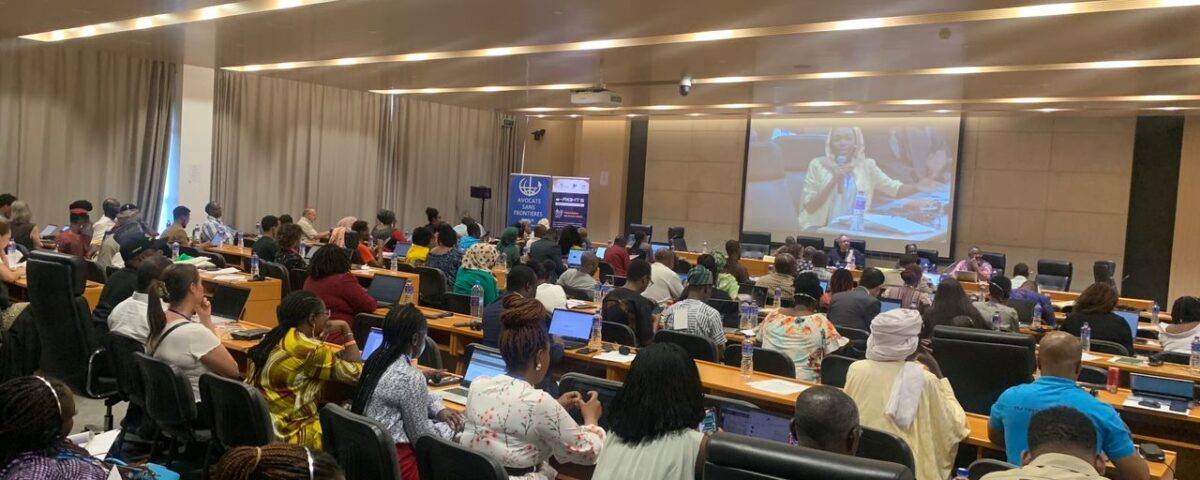The session on “Litigation Before the ACHPR with Focus on the 2020 Rules of Procedure” was moderated by Mr. Naji Moulay Lahsen, who emphasized that the adoption of these rules marks a new journey towards enhancing the efficiency of the African Commission on Human and Peoples’ Rights (ACHPR). This discussion aimed to clarify the updated procedures for submitting communications and the implications for both state and non-state actors involved in human rights advocacy.
Key Contributions
Mr. Pedro Rosa, Co-ACHPR Lead for Coordination of Communication, presented an overview of the updated communication procedures introduced by the 2020 Rules of Procedure (RoPs). He explained that these rules replace the outdated 2010 procedures and establish new protocols for submitting communications, defined as petitions under Articles 47-49 of the African Charter. Rosa noted that while states can submit communications against one another, most submissions come from individual organizations. He highlighted that even if a petitioner wishes to remain anonymous, they must still disclose their identity through a form available on the Commission’s website. The Commission assesses admissibility based on Article 56 of the Charter, but challenges related to admissibility criteria often lead to cases being struck out. If accepted, communications progress to further steps, including potential reparations for violations.
Eric, a representative of the African Commission, discussed the significant challenges faced in implementing its recommendations. He emphasized that states have a legal obligation to report to the Commission and adhere to its recommendations. Despite efforts to engage with National Human Rights Commissions and NGOs for monitoring compliance, he noted that very few states submit their mechanisms for compliance. Eric cited insufficient human resources—highlighting that the Commission operates with only one staff member—and a lack of an operating budget as major obstacles. He urged states to develop legal frameworks to facilitate implementation and allocate special funds for reparations, while also emphasizing the crucial role of Civil Society Organizations (CSOs) in monitoring state compliance.
Participants’ Interventions
Participants raised several important issues during the session:
- A participant from Morocco expressed concerns about human rights violations against migrants by the Moroccan state and highlighted the extradition of a Saudi advocate, urging urgent action on these matters.
- A participant from Benin echoed the need for accountability regarding human rights violations, emphasizing that mechanisms must be in place to address these issues effectively.
- Mr. Sall from Senegal stressed the importance of facilitating smoother access to ECOWAS mechanisms, noting that states often disregard invitations from regional bodies.
- A participant from Uganda highlighted the extensive burden placed on complainants, who must manage the entire process from investigation to documentation. They suggested that the Commission should take a more proactive role in fulfilling its responsibilities.


